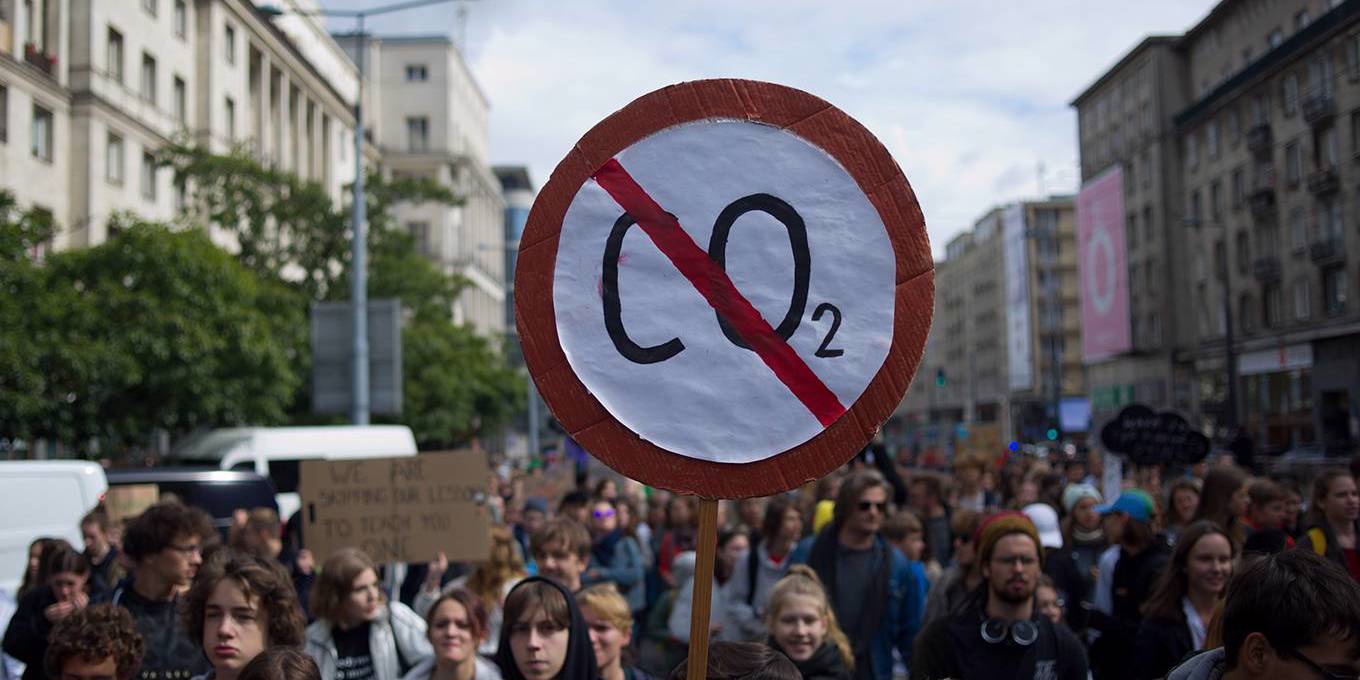Raghuram G. Rajan in Project Syndicate:

Economists generally agree that the way to reduce GHG emissions is to tax them. But such taxes almost certainly will cause disruptive economic changes in the short run, which is why discussions of imposing them tend to run quickly into free-rider or fairness problems.
For example, industrialized countries such as the US are concerned that while they work hard to reduce emissions, developing countries will keep pumping them out with abandon. But at the same time, developing countries like Uganda point out that there is profound inequity in asking a country that emitted just 0.13 tons of carbon dioxide per capita in 2017 to bear the same burden as the US or Saudi Arabia, with their respective per capita emissions of 16 and 17.5 tons.
The least costly way to reduce global emissions would be to give every country similar incentives. While India should not keep building more dirty coal plants as it grows, Europe should be closing down the plants it already has. But each country will want to reduce emissions in its own way – some through taxation, others through regulation. The question, then, is how to balance national-level priorities with global needs so that we can save the one world we have.
More here.
